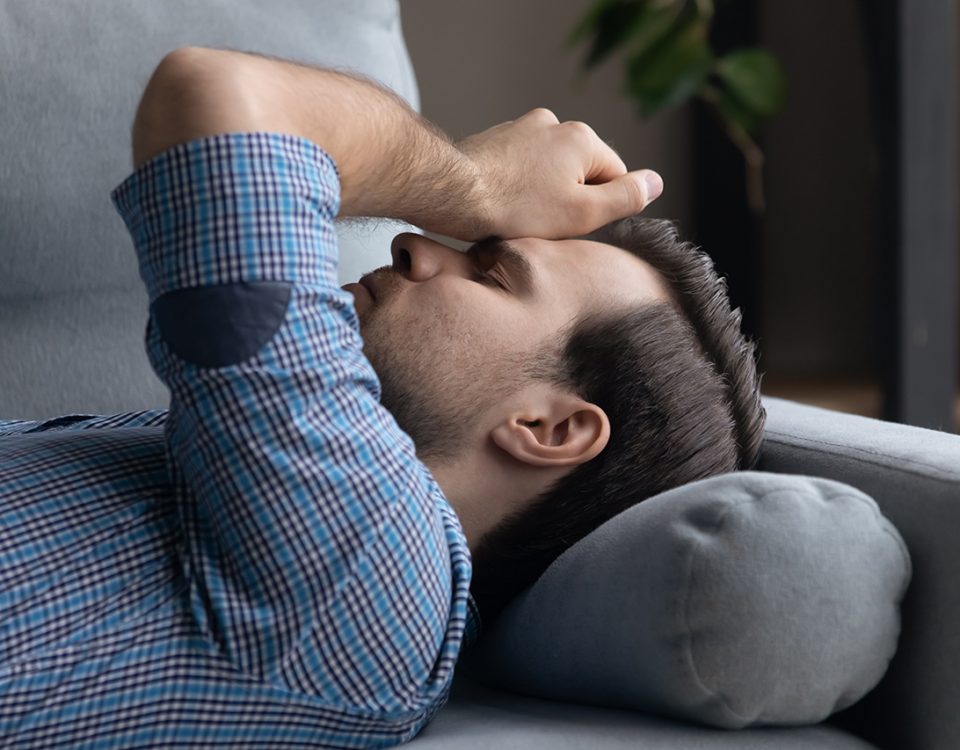Mixing different drugs and substances can cause damage to a person’s health and can even be life threatening.
Medical professionals advise against the use of drugs and the mixture of any drugs unless prescribed and instructed to do so by a doctor. Even so, the mixture of opioids and benzos have now become a trend. The dangers of mixing opioids and benzos are extensive and can cause major health problems in the future.
At Banyan Palm Springs, we want to help patients suffering from drug abuse overcome their addiction and create a sober life for themselves.
Questions about our Facilities or Programs?
Our admissions coordinators are available 24/7 to answer any questions you may have as you consider whether treatment at Banyan is right for you or your loved one.
Benzos
Benzos, also known as benzodiazepines, is a drug usually prescribed to treat anxiety, insomnia, panic disorders, muscle spasms, and seizures. It’s a prescription sedative that produces a relaxing effect on the body by working through the central nervous system. Two common types of benzodiazepines are Xanax and Valium. If misused or taken outside of prescription, benzos can cause serious side effects. Trembling, impaired coordination, headaches, vision problems, and feelings of depression are some of the few symptoms of benzodiazepines.1 Individuals who develop an addiction to benzos may have to undergo a benzo detox treatment to recover.
Opiates
Opioids are normally prescribed to treat pain after a surgery or operation, or as a treatment for cancer. They include illegal drugs like heroin, synthetic opioids like fentanyl, and prescription pain relievers like codeine, morphine, and oxycodone.2 The dangers of mixing opioids and benzos are now continuously researched as a result of the increase in opioid use in the United States. In 2017, more than 191 million opioid prescriptions were dispensed in the U.S.3 Opioids are one of the most commonly abused substances because of how often they are dispensed to people and because of how addictive they are. Some of the effects of opioid use include increased sensitivity to pain, confusion, depression, and fainting. Opioid addiction can also leave the body more vulnerable to other diseases. People suffering from opioid addiction can get help in our opiate detox program.
Getting into treatment is easy with our free insurance verification
"*" indicates required fields
What Happens If You Mix Opiates and Benzos?
Unfortunately, mixing benzo and opioids has become more common, partly because many people will be prescribed both medications. Because people have possession of both drugs, they are more likely to mix them than if they were to use one drug as prescribed. Mixing benzos and opioids raises the risk of fatality. Both these drugs act as sedatives and can therefore lead to suppressed breathing.
Some of the dangers of mixing benzos and opioids include:
- Muscle deterioration
- Kidney damage and failure
- Liver disease
- Heart attacks
- Heart disease
- Infected blood vessels
- Suppressed breathing
- Lung damage
- Pneumonia
- Lack of appetite
- Disruption in digestion
- Nausea
- Vomiting
- Bone thinning
- Osteoporosis
In our residential treatment program, those battling with opioids and benzo addiction can receive the help and guidance they need to fully recover.
If you or a loved one are combatting substance abuse, do not wait to get treatment. Call us now at 888-280-4763.
Sources:
- ADF- What are benzodiazepines?
- NIH- Opioids









